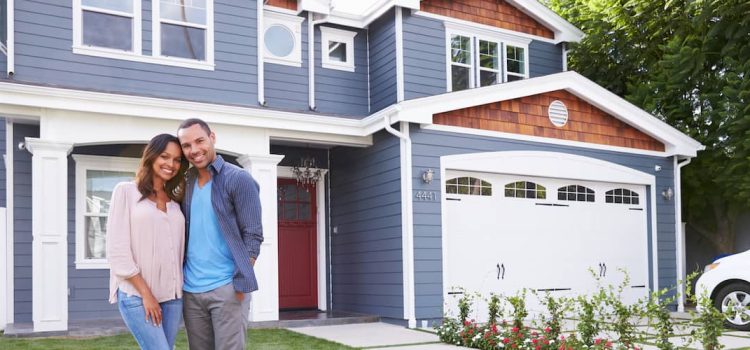
Introduction
The process of buying a home has evolved significantly in recent years, with the advent of smart technology and the internet of things (IoT). Gone are the days when a home was merely a place to live; it’s now a hub of connectivity, energy efficiency, and automation. In this article, we’ll explore the key factors to consider when buying a smart home.
The Smart Home Revolution
The modern real estate landscape has witnessed a remarkable transformation. Smart homes, once a futuristic concept, have become a reality for many. The integration of technology into our daily lives has extended to our living spaces. From smart thermostats that adapt to your preferences to security systems that can be monitored remotely, the possibilities are endless. But with great potential comes great responsibility. It’s essential to make an informed decision when buying a smart home.
Key Factors for Smart Home Buying
Location, Location, Location
When it comes to real estate, the age-old adage still holds true: location is paramount. The neighborhood you choose is as crucial as the house itself. Consider the following aspects:
- Proximity to Amenities: Is your potential home conveniently located near schools, hospitals, grocery stores, and other essential services?
- Commute to Work: How long will your daily commute be? A smart home loses some of its charm if you spend hours on the road.
- Neighborhood Safety: Research the safety of the neighborhood. You can have the most intelligent security system, but a safe neighborhood is always the best starting point.
Your Budget
Before diving into the world of smart homes, you need a clear budget. It’s not just about what you can afford now, but what you can comfortably manage in the future.
- Down Payment: How much can you afford to put down as a down payment?
- Mortgage Costs: Calculate the monthly mortgage payments and ensure they fit your budget.
- Maintenance and Utilities: Remember that smart homes can come with increased maintenance and utility costs.

Image by: https://blogs.worldbank.org/
Connectivity and Automation
The essence of a smart home lies in its ability to connect and automate various aspects of your life.
- Smart Devices Integration: Consider how seamlessly the devices and systems in your potential smart home can work together. A true smart home should offer centralized control.
- Voice Assistants: Ensure that voice assistants like Amazon Alexa or Google Assistant are compatible with your home’s systems for convenient control.
- Automation: How well does the home automate tasks? Can it adjust the thermostat based on your preferences or turn off lights when no one is in a room?
Energy Efficiency
A significant advantage of smart homes is their energy efficiency. They can help you save money in the long run.
- High-Efficiency Appliances: Look for energy-efficient appliances, as they can significantly reduce your utility bills.
- Green Solutions: Consider whether the home incorporates green solutions like solar panels or energy-efficient insulation.
- Smart Thermostats: Smart thermostats can optimize your heating and cooling, saving you money and reducing your carbon footprint.
Security and Privacy
With the increasing number of connected devices in smart homes, security and privacy are of utmost importance.
- Cybersecurity Measures: Does the home have robust cybersecurity measures to protect your data and privacy?
- Regular Updates: Ensure that all smart devices are regularly updated with the latest security patches.
- Privacy Policies: Review the privacy policies of the smart home’s devices and systems to understand how your data is handled.
Comparative Table of Key Features
For a quick reference, let’s summarize the key features to consider when buying a smart home:
| Feature | Description | Benefit |
|---|---|---|
| Location | Proximity to amenities, work, and schools | Convenience |
| Budget | Financial comfort and future stability | Avoid financial strain |
| Connectivity | Integration of smart devices for automation | Simplify daily life |
| Energy Efficiency | High-efficiency appliances and green solutions | Lower utility costs |
| Security and Privacy | Strong cybersecurity and data protection measures | Protect your personal information |
Conclusion
Smart home buying is about more than just gadgets; it’s about enhancing your lifestyle and ensuring long-term value. The right technology should simplify your life, not complicate it. Before embarking on your smart home journey, consider the factors discussed in this article, seek expert advice, evaluate your budget, and carefully assess the features of your potential new home. By doing so, you’ll be well on your way to making a smart home purchase that truly suits you.










